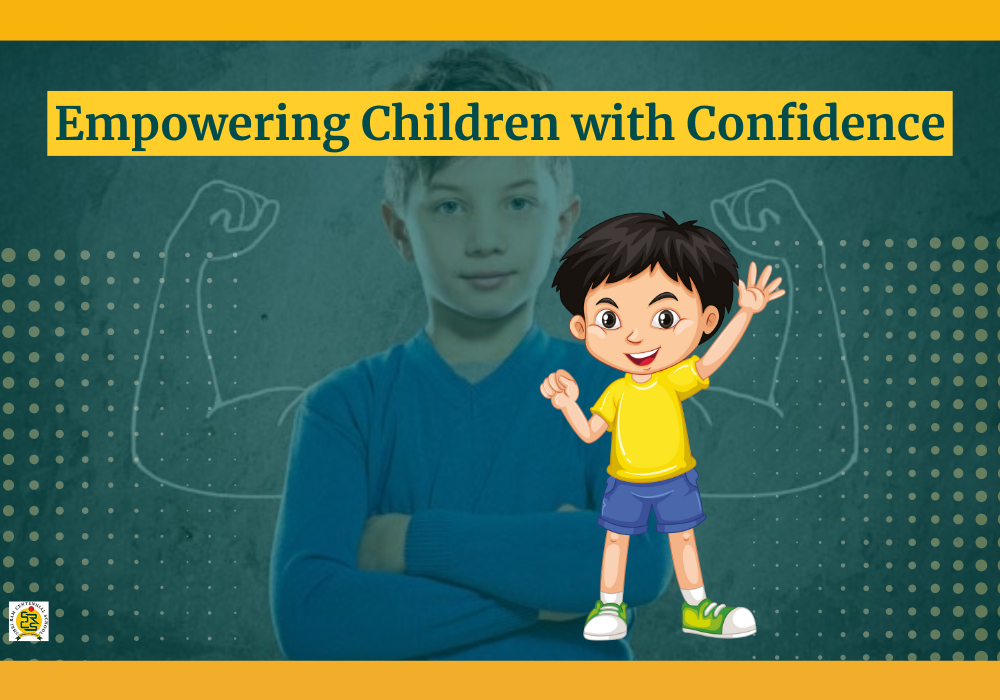Imagine a classroom where students from every corner of the world come together, not just to learn from textbooks, but to exchange stories, traditions, and dreams. In co-ed boarding schools across India, this vision is a reality, where cultural diversity isn’t just celebrated—it’s woven into the very fabric of everyday school life
In an increasingly globalized world, cultural diversity is more than just a buzzword; it’s a vital aspect of education that prepares students for a dynamic future. Co-ed boarding schools in India are leading the way in fostering an environment where students from various backgrounds come together, enriching each other’s lives and broadening their horizons. Let’s delve into how these institutions embrace and celebrate cultural diversity, and why it matters for today’s students and their families.
Table of Contents
ToggleWhat is Cultural Diversity?

Cultural diversity refers to the presence of multiple cultural groups within a society. This includes differences in ethnicity, language, religion, traditions, and lifestyles. In the context of co-ed boarding schools in India, cultural diversity means creating a community where students from different states, regions, and even countries come together, each bringing their unique heritage and experiences.
The Benefits of Cultural Diversity
Enhanced Social Skills
Students in culturally diverse environments learn to interact with peers from various backgrounds. This fosters empathy, respect, and understanding, essential skills for personal and professional relationships. Co-ed boarding schools in India facilitate this by organizing cultural exchange programs, festivals, and group activities that encourage students to share and appreciate different traditions.
Broadened Perspectives
Exposure to diverse cultures helps students view the world from multiple perspectives. This broadened outlook can enhance critical thinking and problem-solving skills. In the classroom, discussions on global issues are enriched by the varied viewpoints of students, making learning more dynamic and comprehensive.
Preparation for Global Citizenship
In today’s interconnected world, understanding and appreciating cultural diversity is crucial. Students who experience this in their boarding school environment are better prepared to navigate global challenges and opportunities. Co-ed boarding schools in India prepare students for a globalized future by integrating international perspectives into their curriculum and activities.
How Co-Ed Boarding Schools in India Promote Cultural Diversity

Inclusive Curriculum
Co-ed boarding schools in India often incorporate a curriculum that reflects global cultures and histories. This approach ensures that students are not only learning about their own cultural heritage but also about others. Subjects like world history, geography, and literature are taught with a focus on different cultures, providing a well-rounded education.
Cultural Festivals and Events
Schools celebrate a range of cultural festivals from across India and beyond. These events are not just about observing traditions but actively participating in them. Students might perform traditional dances, cook diverse cuisines, or learn folk arts from different regions, creating a vibrant school culture.
Global Exchange Programs
Many co-ed boarding schools offer exchange programs that allow students to experience life in other countries. These programs are an extension of the school’s commitment to cultural diversity, providing students with firsthand experiences of different cultures and educational systems.
Diverse Extracurricular Activities
Extracurricular activities play a significant role in promoting cultural diversity. Schools often have clubs and societies focused on various cultural interests, such as language clubs, international debate teams, and global awareness groups. These activities provide students with opportunities to explore and celebrate different cultures outside the classroom.
The Impact on Students and Families
For students, the experience of living and learning in a culturally diverse environment is transformative. It helps them develop a deeper appreciation for differences and prepares them to thrive in a multicultural world. For parents, sending their children to a co-ed boarding school in India that emphasizes cultural diversity provides reassurance that their children are receiving an education that values global perspectives and inclusivity.
Conclusion
Cultural diversity is not just an educational concept; it’s a way of life at many co-ed boarding schools in India. By embracing and celebrating a wide range of cultures, these schools provide students with a rich, multifaceted educational experience that prepares them for the future. As students and parents explore the educational opportunities available, recognizing the importance of cultural diversity can help guide their choices, ensuring that they find an environment that supports growth, understanding, and global readiness.
Embracing cultural diversity in education not only enriches students’ lives but also builds a foundation for a more inclusive and harmonious world. For parents and students considering co-ed boarding schools in India, this aspect of education is a significant factor in choosing the right institution.










